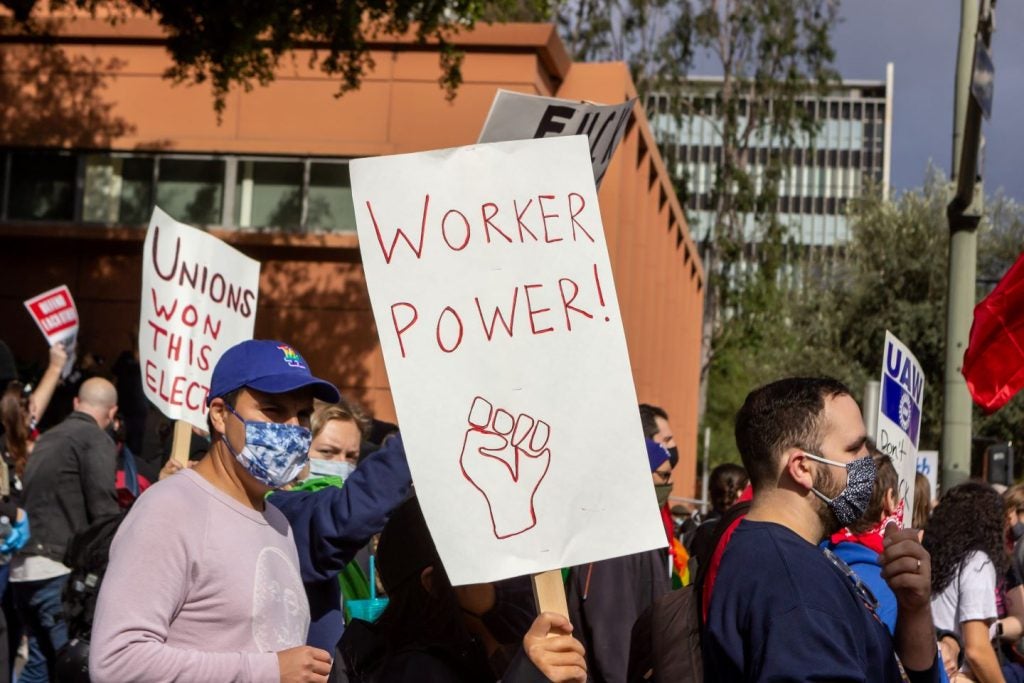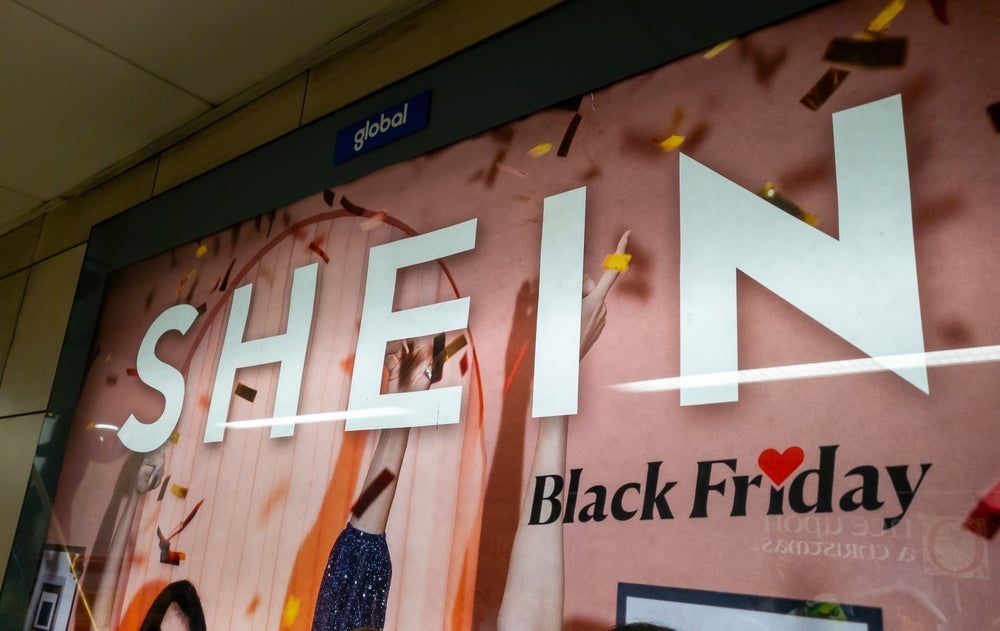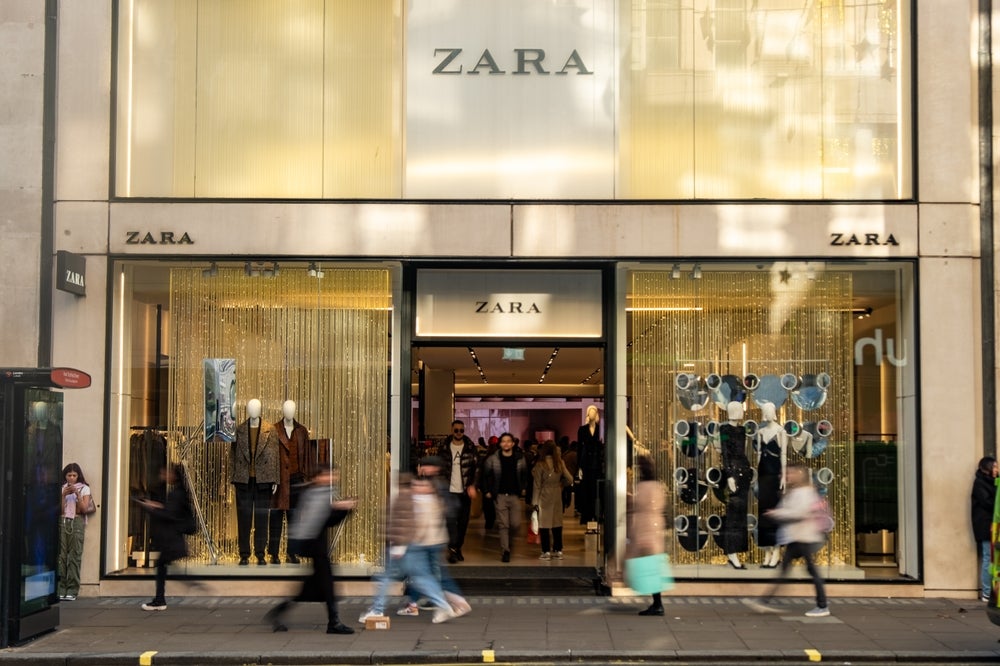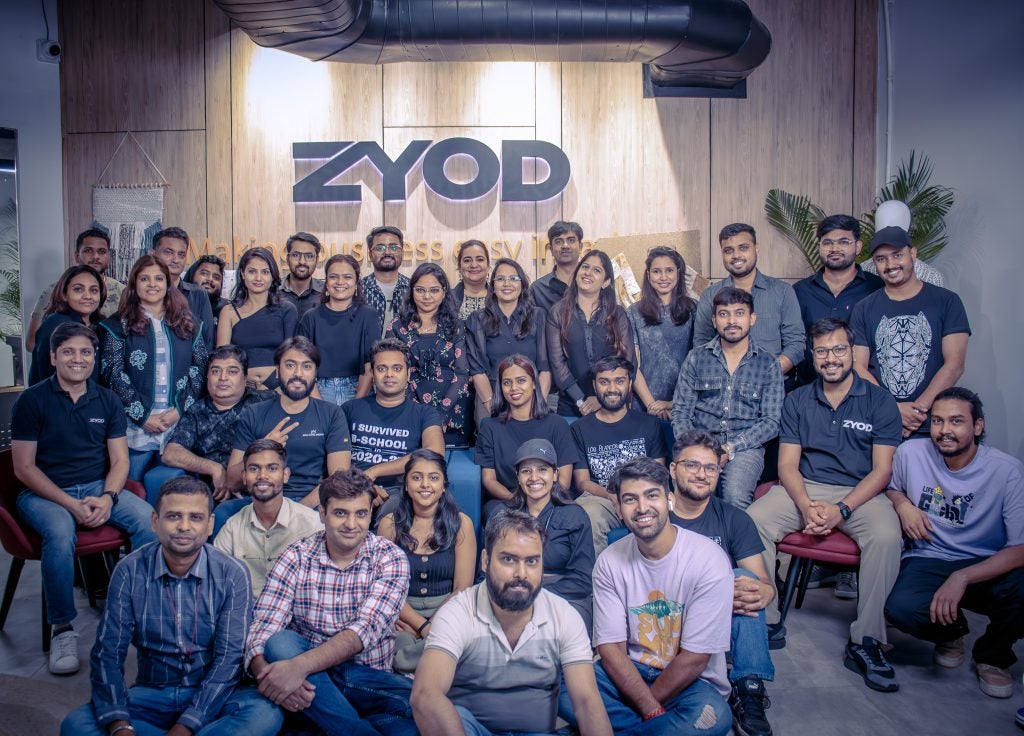As legislation like the EU Corporate Social Due Diligence Directive (CSDDD) come into play, global fashion firms are under increasing pressure to tighten up their policies with regard to supporting worker rights to freedom of association and collective bargaining.
Three global fashion brands including Levi Strauss & Co (LS&Co.) are now under fire from campaign groups alleging workers striking for better conditions at a factory in Türkiye’s earthquake zone were arrested, terminated and blacklisted.
According to the Worker Rights Consortium (WRC) – Özak Tekstil – which is a supplier for Levi Strauss & Co "illegally fired" 400 workers for protesting over wages and “abusive treatment”.
WRC has lashed out at LS&Co., which it says “rewarded it [the factory] with extended production” instead of holding it accountable.
“This supplier’s attack on workers is one of the most brazen violations of associational rights the WRC has ever documented. Even more scandalous is Levi Strauss tacit endorsement of its supplier’s lawlessness,” said Scott Nova, executive director of the WRC.
A 46-page report reveals communication between LS&Co. and the supplier in which Levi Strauss points out its zero-tolerance policy for violation of its labour standards.
But the WRC claims Özak did not reinstate a single worker, and even tried to blacklist them with other employers.
Nova says: “Hundreds of workers endured brutal employer retaliation, braved police water cannons, and risked their jobs to exercise rights enshrined in Levi’s code of conduct. The union believed Levi’s would enforce its standards and protect the workers. Instead, Levi’s ditched its standards, abandoned the workers, and protected the employer that abused them.”
It is now calling upon the factory owner to reinstate all 400 fired workers with back pay and a constructive dialogue between Özak and the BİRTEK-SEN union. It adds LS&Co.’s claims it is remediating abuses at the factory is “disingenuous."
"By refusing to enforce its own labour standards, Levi’s is sending a message to suppliers worldwide that those standards are meaningless.”
While the WRC claims the factory in Şanlıurfa, Türkiye, supplies Levi’s exclusively, it says the wider company – Özak Global – is a major Turkish conglomerate supplying brands including Inditex-owned Zara and Hugo Boss.
Clean Clothes Campaign also shared its views on the report’s findings.
“Clean Clothes Campaign (CCC) joins Turkish union BİRTEK-SEN in calling upon Levi’s and Özak/Kübrateks management, as well as other buyers sourcing from the Özak group to immediately offer all dismissed workers unconditional and collective reinstatement in their previously held positions, including payment of wage losses incurred from the date of their dismissal to the date of their return to work. We additionally demand that the workers who choose not to accept this offer be paid “union compensation” as per Turkish law.
“As the only buyer in factory, Levi’s was in an excellent position to ensure a swift and positive resolution, and both the union and organisations in the CCC network contacted the company. Upon being informed of the case, Levi’s promised to investigate, but meanwhile, Özak management terminated 400 workers who were on strike.
“Levi Strauss never made good on its promise, and never stopped producing at the factory, despite its earlier communications to different groups involved that it would cease production. All this time, Levi’s could have insisted that the factory management reinstate the dismissed workers but, instead, it allowed Özak Global, which had by now changed all workers’ contracts to its subsidiary Kübrateks, to hire new workers, discriminating against BİRTEK-SEN’s members. Repeated calls to Levi’s were met with no response. Clean Clothes Campaign was informed by BİRTEK-SEN that the factory management told at least 50 of the dismissed workers explicitly they could be rehired only if they would resign from BİRTEK-SEN and no longer participate in its activities.”
Ineke Zeldenrust of the CCC International Office, adds: “Levi’s did not only completely fail to take any action to address serious human rights violations, but also completely disregards its own findings and conclusions regarding those violations. As the buyer sourcing 100% of the volume in the factory, Levi’s had all the evidence and all the leverage to ensure the right of workers to freely form and join a union of their choice, which is a core human right, would be respected, but it chose to sit back and let injustice prevail."
Just Style reached out to Levi Strauss, Inditex and Hugo Boss. Özak Tekstil could not be reached for comment while Inditex did not return requests for comment.
A Levi Strauss spokesperson tells Just Style: At Levi Strauss & Co., we have a longstanding commitment to supporting safe, productive workplaces for workers and we take any allegations of efforts to curtail freedom of association extremely seriously. That said, the Workers Rights Consortium report on the Özak situation contains several mischaracterisations and omits a number of relevant details.
"Over the course of the labour unrest, we were in frequent contact with the factory management to firmly express our support for the lawful expression of workers’ voices and workers’ right to freedom of association. After several months of engaging to find solutions and wanting to ensure there is no further job loss, we decided to continue working with Özak on a conditional basis that depends on management’s fulfilment of a detailed remediation plan that addresses freedom of association, working hours, and health and safety. We reduced our production orders to align with the facility’s capacity and are conducting regular visits to the facility to ensure compliance with the remediation plan. We will remain committed to making sure factory management observes and upholds the rights and benefits for the workers per local labour laws and our Supplier Code of Conduct.”
A spokesperson for Hugo Boss told Just Style it did not have any products manufactured at Özak’s Sanliurfa ("Urfa") plant, which is affected by the allegations.
The company does however use other Özak Tekstil plants.
“We are of course monitoring the accusations and developments very closely and have been in direct contact with the supplier on them for some time, to obtain clarity on the situation.
“In these discussions, Özak has confirmed that it complies with our social standards, which are mandatory for a business relationship with Hugo Boss, and that a trade union has been active in the company for over 10 years. Freedom of association is therefore guaranteed at the supplier, also in accordance with the German Supply Chain Duty of Care Act (LkSG).
“We will continue to be in close contact with the supplier moving forward to ensure our Social Standards are upheld. Should we at any time discover that our Supplier Code of Conduct is not being adhered to, we will take immediate action.”
CSDDD's influence on FOA and collective bargaining
As recently as last week, an extensive report was published by the Business & Human Rights Resource Centre (BHRRC) which alleged many international fashion brands are failing to uphold their commitments to freedom of association in South and Southeast Asia's garment industry and ‘undermining’ independent trade unions through alternative structures.
But as legislation including the EU CSDDD come into force, ignoring freedom of association rights for workers and collective bargaining agreements could be costly.
The CSDDD aligns with the main international human rights and environmental law standards.
The list includes a range of labour rights, the prohibition of interference with freedom of thought, conscience and religion, and the right to freedom of association, assembly, the rights to organise and collective bargaining.
"Although freedom of expression is not explicitly listed, it would presumably still fall within the scope of due diligence of any media organisation given its operational context," says the European Broadcasting Union.
The Ethical Trading Initiative has welcomed the clause on transparency, which includes respect for trade union rights such as freedom of association and collective bargaining, and actions taken to mitigate risk or remediate harm, saying it presents a "real opportunity to drive respect for people and the planet."
But the BHRRC pointed out it was "unclear" whether companies will consider potential and actual violations of the right to freedom of association and to collectively bargain as “most likely” to occur and to be “most severe”.
"It is also unclear whether a national authority or court would find the failure to identify and assess that risk to these enabling rights constitutes a violation of the CSDDD. Trade unions will need to push to ensure trade union rights are considered a regular part of all due diligence."
The ETI added: "The EU Corporate Sustainability Due Diligence (CSDD) Directive must faithfully capture companies' responsibilities to respect human rights and the environment as framed in the United Nations Guiding Principles on Business and Human Rights (UNGPs) and the Organisation for Economic Cooperation and Development (OECD) Guidelines for multinational enterprises."
How do scandals involving unionising rights impact brand sales and profitability?
Actually, not in any significant way, says Neil Saunders, retail analyst at GlobalData.
"Consumers see them and then ultimately dismiss them from their minds. As we have seen time and again, it takes a lot to cut through and impact consumers’ purchasing decisions."
That said, Saunders says such campaigns can be "embarrassing" for brands.
"They invite negative publicity, and they undo many of the efforts put into trying to show companies as good corporate citizens. Some of the claims made are not the type of behaviour most consumers of the brands would find acceptable. Brands need to have clear policies about the treatment of workers. It is reasonable for brands to resist unionisation as this is a political matter, but in doing so they should still treat workers with dignity and respect."
















